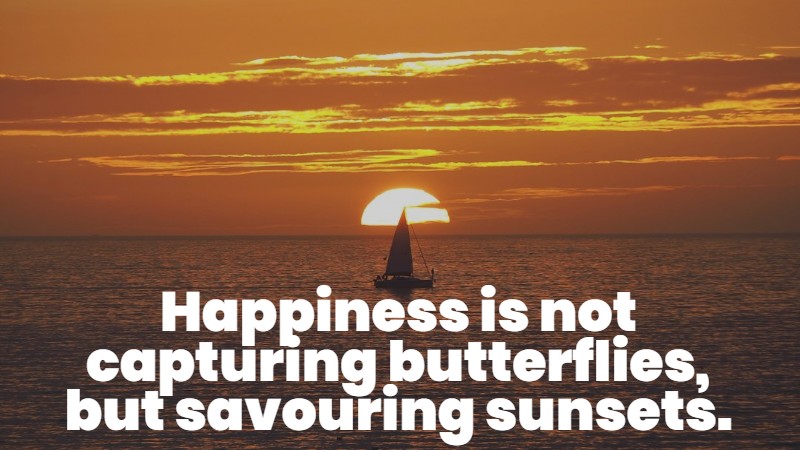The main thing you’ll be retiring on will be your memories—so make sure you invest enough in those.
Bill Perkins, Die with Zero (Book)
About the Author
Bill Perkins is a hedge fund manager, high-stakes poker player, and author who wrote “Die with Zero: Getting All You Can from Your Money and Your Life,” published in 2020.
The quote appears in his book “Die with Zero,” which challenges conventional retirement wisdom. Rather than focusing on accumulating wealth until death, Perkins advocates for using money strategically throughout life to create meaningful experiences. He developed this philosophy after seeing wealthy individuals die with substantial fortunes but few rich experiences to show for their time on Earth.
Perkins lives what he preaches. He’s known for extreme adventures like betting on fitness challenges, hosting luxury yacht parties, and making documentary films. His social media often features him experiencing life fully through travel, extreme sports, and time with friends and family. His unconventional approach to personal finance stems partly from losing his father relatively young, which taught him the unpredictability of life expectancy and the importance of balancing financial security with living well today.
The Meaning of the Quote
This quote flips traditional retirement planning on its head with a simple truth: your most valuable assets in old age will be your memories, not your bank account. While financial planning matters, Perkins suggests we should also consciously build a portfolio of experiences throughout our lives.
The quote urges us to view experiences as investments with lasting returns. Unlike material possessions that depreciate, memories appreciate in value as we age. They become the stories we tell, the wisdom we share, and the comfort we find when physical abilities decline.
My friend Sarah applied this principle after caring for her grandmother with dementia. “Gran couldn’t tell you what she ate for breakfast, but her face lit up describing her trip to Paris in 1965. Those memories stayed when everything else faded. It changed how I think about spending money.”
Here’s how to build your memory portfolio:
A teacher I know runs an exercise with her students: they interview elderly people about their biggest regrets. “Almost nobody mentions wishing they’d saved more money,” she told me. “They talk about trips not taken, risks avoided, and time not spent with loved ones.”
This doesn’t mean financial recklessness. Instead, it suggests viewing both money and time as finite resources requiring thoughtful allocation across your lifespan. The goal is dying with just enough money and a wealth of experiences.
A brain scientist explained to me why this makes neurological sense: “We’re wired to collect experiences, not possessions. Our brains form stronger neural pathways from novel experiences than from acquiring things. Those neural connections bring satisfaction years after the event.”
The real genius of this quote lies in its investment metaphor. Just as financial investors seek diversity, memory investors should seek varied experiences. Just as compound interest grows money, revisiting and sharing memories compounds their value through repeated enjoyment.



Deja tu opinión sobre esto